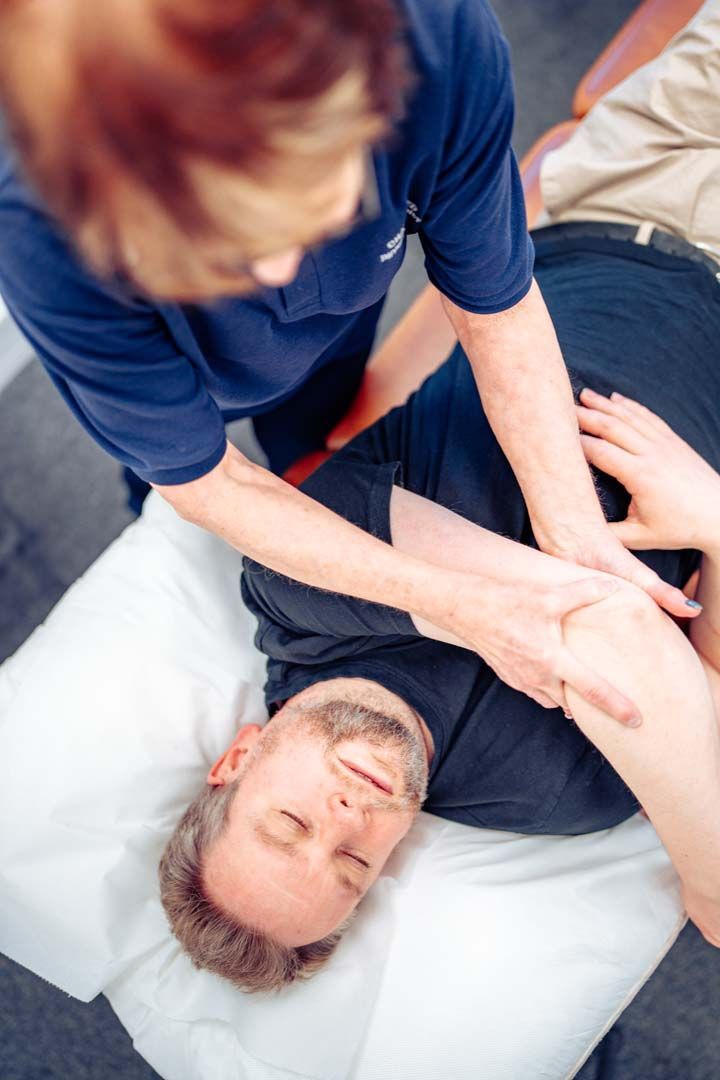ROTATOR CUFF INJURIES.
Rotator cuff injuries are a common cause of shoulder pain and disability.
The rotator cuff is a group of muscles and tendons that connect the shoulder blade to the upper arm bone, providing stability and mobility to the shoulder joint. Injuries to the rotator cuff can occur due to overuse, trauma, or degeneration over time.
Physiotherapy is an effective treatment option for rotator cuff injuries. The treatment approach typically involves a combination of manual therapy techniques, exercise therapy, and modalities such as ultrasound or electrical stimulation.
Manual therapy techniques such as soft tissue mobilization, joint mobilization, and stretching can help to reduce pain and inflammation, improve range of motion, and restore normal joint mechanics.
Exercise therapy is also an important component of physiotherapy for rotator cuff injuries. Specific exercises can help to strengthen the rotator cuff muscles, improve posture, and restore normal shoulder mechanics. Your physiotherapist will prescribe a program of exercises based on your individual needs and goals.
Modalities such as ultrasound or electrical stimulation can also be used to reduce pain and inflammation and promote tissue healing. These modalities are typically used in conjunction with manual therapy and exercise therapy to optimize treatment outcomes.
In some cases, if conservative treatment approaches are not effective, your physiotherapist may refer you to an orthopedic surgeon for further evaluation and possible surgical intervention.
In conclusion, rotator cuff injuries can be effectively treated with physiotherapy. The treatment approach typically involves a combination of manual therapy techniques, exercise therapy, and modalities to reduce pain and inflammation, improve range of motion, and restore normal shoulder mechanics.
If you are experiencing
shoulder pain or have been diagnosed with a rotator cuff injury, speak with your physiotherapist to determine the best course of treatment for your individual needs.


